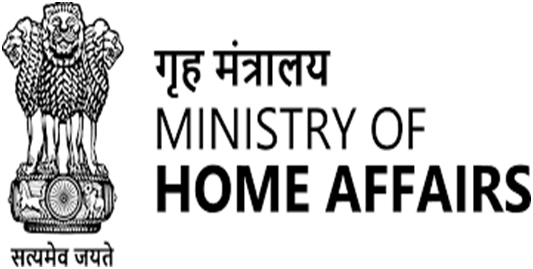
These fraudsters typically call a potential victim
and inform that the victim has sent or is the intended recipient of a parcel,
which contains illegal goods, drugs, fake passports or any other contraband
item. Sometimes, they also
inform that a near or dear one of the victim has been found to be involved in a
crime or an accident and is in their custody. A demand for money is made to
compromise the “case”. In certain instances, unsuspecting victims are made to
undergo “Digital Arrest” and remain visually available over
Skype or other video conferencing platform to the fraudsters, till their
demands are met. The fraudsters are known to use studios modeled on Police
Stations and Government offices and wear uniforms to appear genuine.
Across the country, several victims have lost large
amounts of money to such criminals. This is an organized online economic crime
and is learnt to be operated by cross-border crime syndicates.
The Indian Cyber Crime
Coordination Centre (I4C), under the Ministry of Home Affairs, coordinates
activities related to combating cybercrime in the country. MHA is closely
working with other Ministries and their agencies, RBI and other organizations
to counter these frauds. I4C is also
providing inputs and technical support to Police Authorities of States/UTs for
identifying and investigating the cases.
I4C has also blocked
more than 1,000 Skype IDs involved in such activities, in collaboration with
Microsoft. It is also facilitating blocking of SIM cards, Mobile devices and
Mule accounts used by such fraudsters. I4C has also issued various alerts
through infographics and videos on its social media platform ‘Cyberdost’ for
e.g. X, Facebook, Instagram and others.
Citizens are advised
to be alert and spread awareness about these types of frauds. On receipt of
such calls, the citizens should immediately report the incident on cybercrime
helpline number 1930 or www.cybercrime.gov.in for assistance.